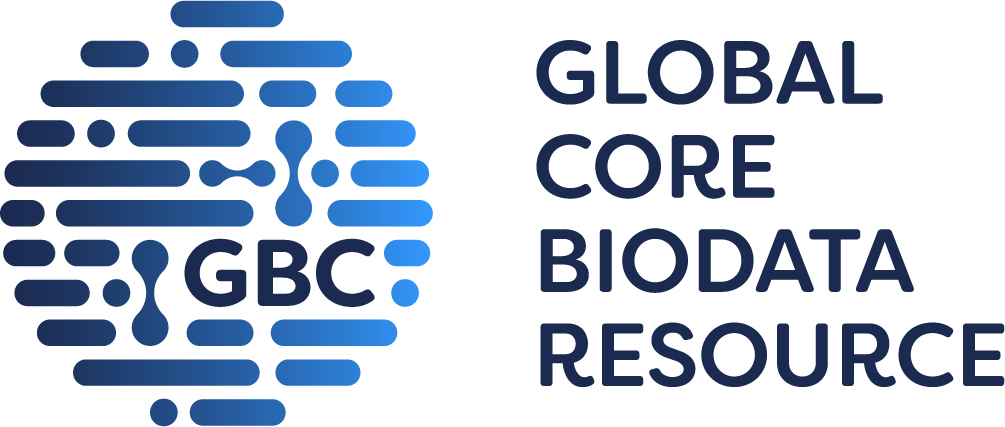
GtoPdb is requesting financial support from commercial users. Please see our sustainability page for more information.
Myasthenia gravis

GtoPdb Disease Summaries
This section gives an overview of the disease, and where available shows the following:
- Synonyms: Shows known synonyms for the disease.
- Description: Gives a basic description/definition of the disease.
- Database Link: External links to the same disease at the Disease Ontology, OMIM or Orphanet sites.
- Immunopharmacology comments: General comments about the target's role in immunopharmacology, provided by GtoImmuPdb curators.
- Associated with: Counts are displayed for the total targets the disease is associated with in GtoPdb. The counts of targets and ligands of immunological relevance associated to the disease are also shown.
More information can be found in the help pages.
✖| Disease ID: | 651 | |
| Name: | Myasthenia gravis | |
| Associated with: | 1 target | |
| 5 immuno-relevant ligands |  |
|
| Description |
| Myasthenia gravis is an autoimmune disease caused by auto-antibody attack on nicotinic acetylcholine receptors at the neuro-muscular junction. This disrupts nerve-muscle communication and results in muscle weakness and fatigue. Treatment has historically been limited to nonselective, chronic immunosuppressive therapies which have long-term toxicities. More selective and targeted therapies are now being developed, including the monoclonal antibody eculizumab (approved) and an investigational CAR-T cell therapy that targets antibody-producing plasma cells (Descartes-08; Cartesian Therapeutics; Phase 1/2). |
| Database Links |
|
Disease Ontology:
DOID:437 OMIM: 254200 Orphanet: ORPHA589 |
Targets

GtoPdb Disease Summaries - Targets
Click on the target name to link to its detailed view page
Where available, information is display on the role of the target in the disease; drugs which target the disease and their therapeutic use and side-effects.
If there is mutation data curated in GtoPdb this is indicated, with a link back to the appropriate section on the target detailed view page
Immuno ligand interactions - If available, a table of immuno-relevant ligands is shown. These ligands have been curated as having an association to the disease and possess interaction data with the target in GtoPdb. The approval status of the ligand is shown, along with curator comments and an indication of whether the target is considered the primary target of the ligand.
More information can be found in the help pages.
✖| nicotinic acetylcholine receptor α1 subunit | |
| Role: | Target for autoantibodies |
| References: | 5 |
Ligands

GtoPdb Disease Summaries - Ligands
Click ligand name to view ligand summary page
- Approved: If the ligand is an approved drug this is indicated, along with approval bodies.
- Immuno: Immuno icon indicates the ligand is immuno-relevant
Click the arrow in the final column to expand comments
- Immuno Disease Comments: Curatorial comments specifically added as part of GtoImmuPdb. They give more information on the association between the ligand and disease in the context of immunopharmacology.
- Clinical Use: General clinical comments relating to the ligand and may not necessarily be specific to the disease in question. With hyperlink to more details on the ligand summary pages.
- Bioactivty Comments: Curatorial comments specifically about the compounds biological activity - with hyperlink to more details on the ligand summary pages.
More information can be found in the help pages.
✖| Key to terms and symbols | Click ligand name to view ligand summary | Click column headers to sort | |||||||||||||||||||||||||||||||||||||||||||||||||||||||
|
|||||||||||||||||||||||||||||||||||||||||||||||||||||||||
References
1. Dhillon S. (2021) Telitacicept: First Approval. Drugs, 81 (14): 1671-1675. [PMID:34463932]
2. FDA. human anti-neonatal Fc receptor IgG1 Fc fragment. Accessed on 25/01/2018. Modified on 25/01/2018. www.accessdata.fda.gov, https://www.accessdata.fda.gov/scripts/opdlisting/oopd/detailedIndex.cfm?cfgridkey=527316
3. Heusser C, Rush J, Vincent K. (2012) Silent fc variants of anti-cd40 antibodies. Patent number: WO2012065950. Assignee: Novartis Ag. Priority date: 15/11/2010. Publication date: 24/05/2012.
4. Hoy SM. (2023) Rozanolixizumab: First Approval. Drugs, 83 (14): 1341-1347. [PMID:37656420]
5. Lindstrom JM. (2000) Acetylcholine receptors and myasthenia. Muscle Nerve, 23 (4): 453-77. [PMID:10716755]
6. Rother RP, Rollins SA, Mojcik CF, Brodsky RA, Bell L. (2007) Discovery and development of the complement inhibitor eculizumab for the treatment of paroxysmal nocturnal hemoglobinuria. Nat Biotechnol, 25 (11): 1256-64. [PMID:17989688]







